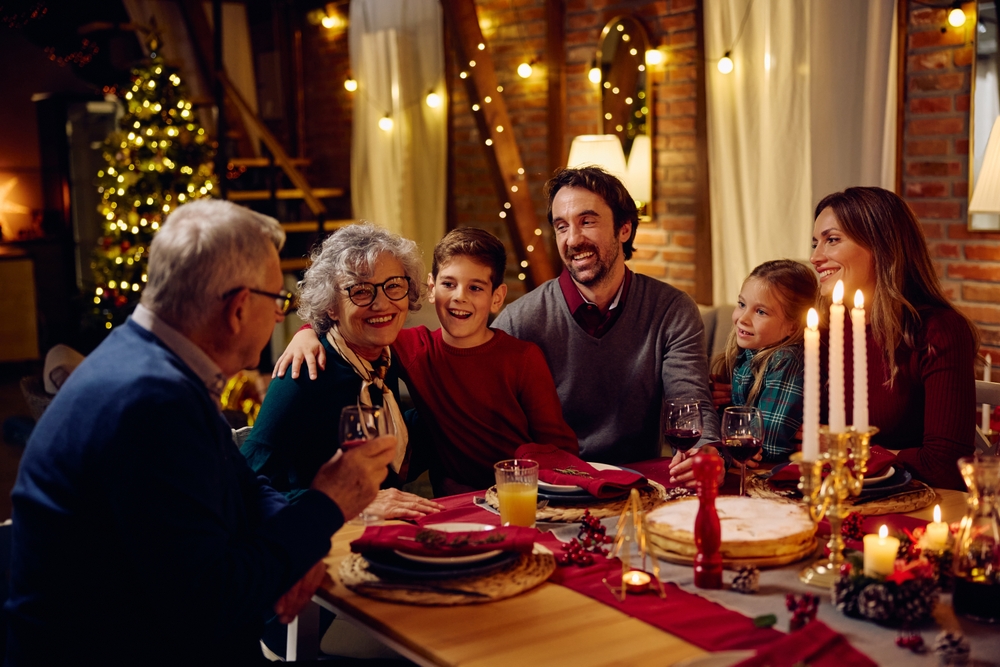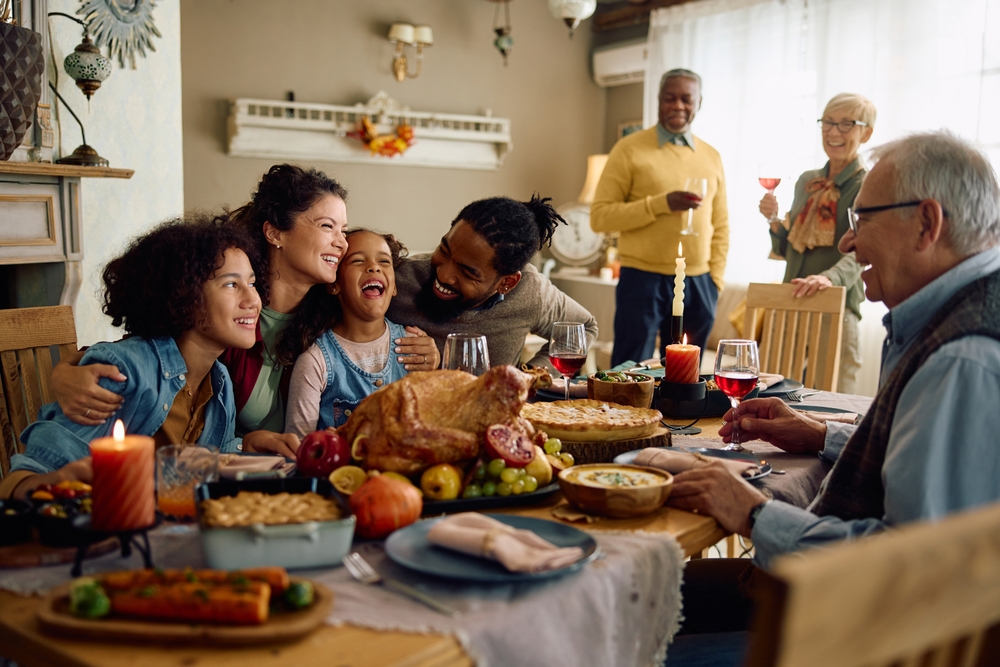Holiday Grief: The First Holiday Without Mom or Dad
Category:

“I’m missing mom during today. Holidays after the losing dad are really starting to get to me. How do I spend the first holiday without my mom and dad?”
These experiences are quite common for those who are living through the holidays after losing loved ones. The holiday season for recently widowed people, especially the first holiday after the death of a spouse, or the first after losing a child, are all difficult experiences. In this post, we’ll review how to enjoy the holidays after a death and how to process grief during that first holiday without a loved one, focusing especially on losing a parent. We hope this will help you when the time comes.
How to Celebrate Holidays After Death
The first holiday after the death of a parent can be quite challenging. When determining the right holiday grief activities for adults, it depends on how one is processing grief. Below are some possible ways to celebrate while missing loved ones during the holidays.
- Continue Traditions. Maintain familiar holiday rituals for comfort and a sense of closeness to your lost loved one.
- Create New Rituals. Establish new ways to honor your loved one if old traditions are too painful.
- Pause Celebrations. Opt out of holiday activities if needed, but stay connected with others for support.
How to Cope with Grief During the First Holiday Without A Loved One
No matter what you decide to do, grief will still be a dominant force in your life. There is no wrong way to navigate this emotionally trying time and you may be looking for some ways to process your feelings. Here are some strategies that might help you cope during this time period.
- Allow yourself to feel sad. It’s okay to feel sad during the holidays; don’t force cheerfulness. Let yourself cry and process your emotions.
- Don’t feel guilty for joy. If you experience happy moments, don’t feel guilty. It’s natural to feel a range of emotions, even while grieving.
- Take time for yourself. If overwhelmed, find a quiet space or take a break. Step away and recharge when you need to.
- Talk about your feelings. Share your grief with loved ones. Talking about your emotions can provide support and connection.
- Ask for help. Reach out for assistance with holiday tasks. People are often willing to help when you’re grieving.
- Consider grief counseling. If you’re struggling, seek support from a mental health professional for additional coping strategies.
Download Our FREE Path to Care Guide
What to Say During the First Holiday Without Loved One
Holiday greetings after death can be tricky during the first holiday after losing a loved one. Sometimes, you may wonder if you’re saying the right thing and may be confused about the best way to comfort others.
- Acknowledge their grief. Let them know you understand that they are going through a difficult time by saying something supportive like, “I’m here for you,” or “I’m thinking of you during this difficult holiday season.”
- Share memories of the deceased. Talk about their loved one to keep their memory alive and honor their life. Share your memories or invite them to share theirs, but be respectful if they’re not in the mood to do so.
- Offer practical support. Help with holiday preparations like cooking, cleaning, or shopping. Offer to accompany them to gatherings or spend time with them during the holidays.
- Respect their wishes. If they don’t want to celebrate or prefer to do so differently, respect their choices. Understand that their approach to the holidays is part of their grieving process.
To learn more about our home care services, contact our caregiving team today at 1-800-GRISWOLD or find a Caregiver near you.
Subscribe
Date: 2024-09-04
Category:


